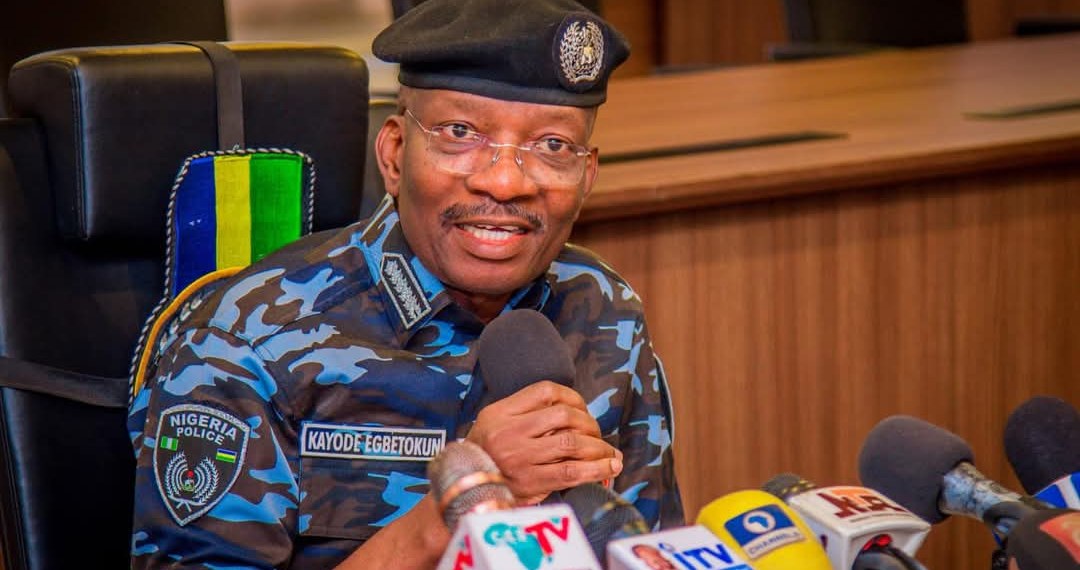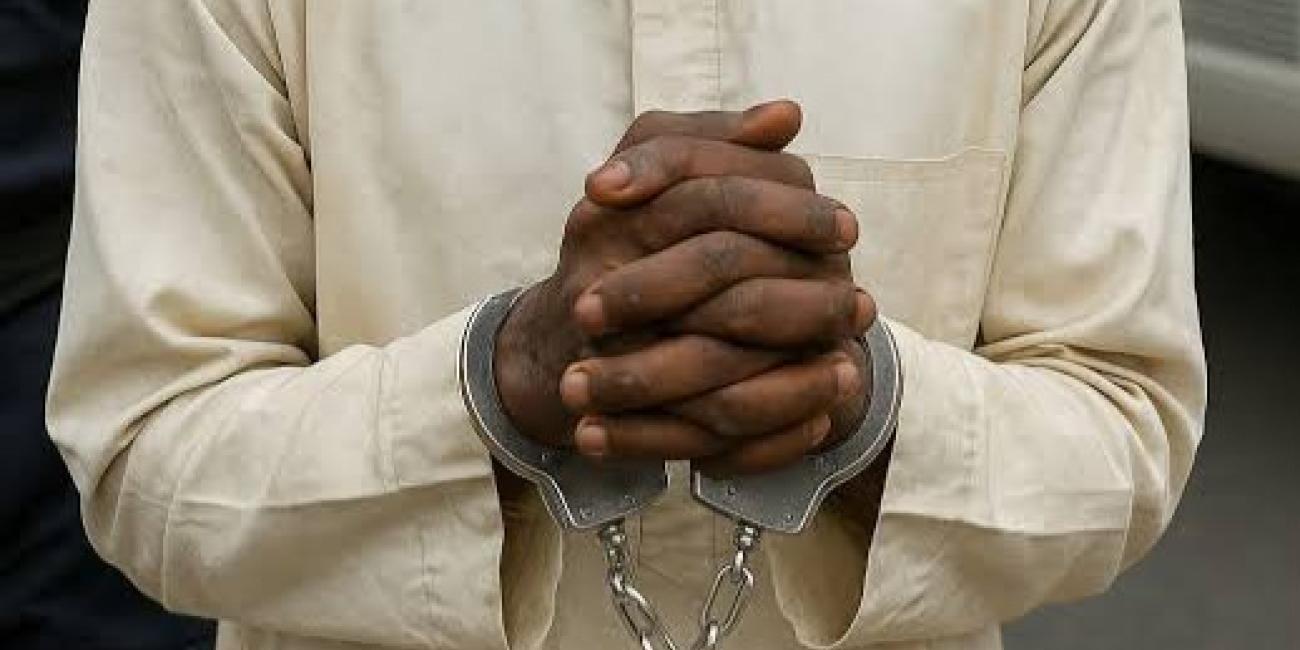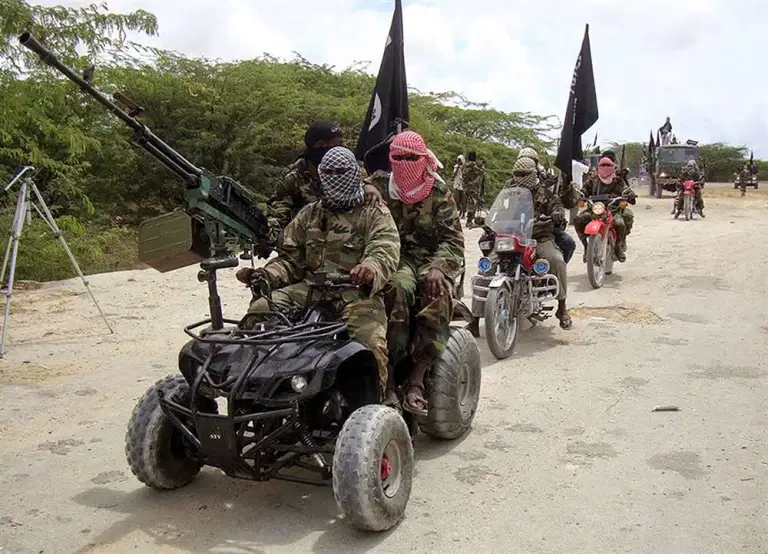The nation holds its breath as a tense standoff between the Nigeria Police Force (NPF) and the Senate escalates, with the Inspector General of Police (IGP), Kayode Egbetokun, refuting explosive claims of thousands of missing firearms. But behind the headlines lies a deeper, more ominous question: Who is truly accountable for the 3,907 rifles and pistols that allegedly vanished from police arsenals across the country?
In a dramatic turn of events, Egbetokun has taken the unusual step of challenging the findings from the 2019 Auditor-General’s Report, which cast a dark shadow over the integrity of the police. According to the report, a staggering number of firearms—3,907 to be exact—were reported missing from police stations and formations nationwide. But the IGP insists this explosive revelation is far from the truth, accusing the audit of “factual inaccuracies.”
The drama unfolded when the IGP sent a formal letter to the Senate, a letter that shook the chambers when read aloud by Senate President Godswill Akpabio during Thursday’s plenary session. Egbetokun’s message was clear: the public accusations have caused irreparable damage to the reputation of the police, both at home and abroad. The allegations, he claimed, have led to a tidal wave of criticism that threatens to weaken the public’s trust in the nation’s security forces.
“Such allegations, if left unchecked, could fracture the very credibility of the Nigeria Police Force,” the letter warned, highlighting the international concerns sparked by the supposed disappearance of firearms that could easily end up in the wrong hands. The mere suggestion of such a possibility—criminals gaining access to high-powered weapons—has left the country on edge, wondering how far the consequences might spread.
The tension hit its peak during a heated Senate session, where the police were called to explain the shocking claims. Lawmakers raised serious concerns over the potential risks posed by the missing firearms, even as the IGP’s representative, Assistant Inspector General Sulaiman Abdul, attempted to offer explanations. However, the inquiry soon took a turn for the worse, with committee chair Onyekachi Nwebonyi ruling that the police chief himself must return for further questioning.
The clock is ticking, and as the mystery deepens, Egbetokun’s letter has sparked another twist in this unfolding saga: he is calling for a comprehensive internal investigation to uncover the truth. In his appeal to the Senate, the IGP begged for privacy during the probe, urging the chamber to conduct sensitive discussions behind closed doors to avoid further damage to national security. He warned that any further public hearings could fuel misinformation that would only compound the crisis.
Despite the IGP’s impassioned plea, Senate President Akpabio made a bold statement: “No further discussion. The letter is clear, and the information presented in the audit report was false.” A chilling promise followed—the Senate, he assured, would launch its own investigation into the matter, separate from the police inquiry.
As the storm brews between the police and the Senate, one question looms over all: Who is really behind the disappearance of these firearms? And more importantly, what consequences will this have for the safety and security of the nation?
The clock is ticking, and the truth remains hidden—waiting to be unearthed.





